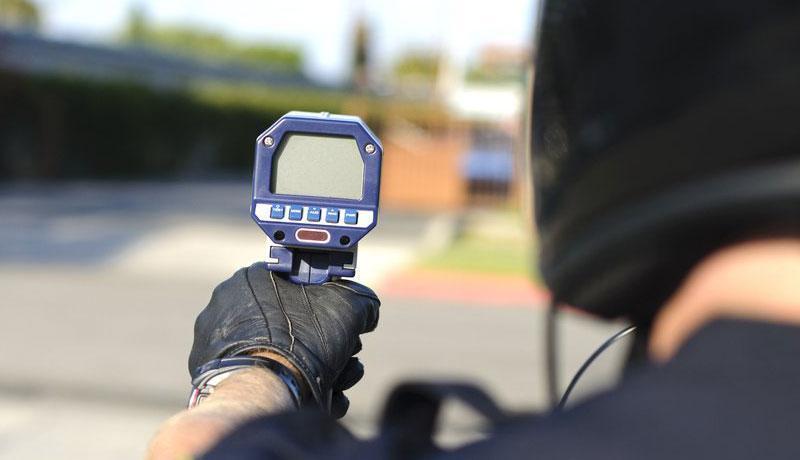Rolling Meadows Speeding Ticket Attorney
Speeding Ticket Lawyer in Lake County, Cook County, and Throughout Illinois

In 1903, the first speed limit law in Illinois set the maximum speed at 15 mph. Back then, if they received a traffic ticket, most folks made the sensible choice to pay the fine and get it over with. But as speed limits increased, the fines for speeding tickets increased as well. The secondary costs, like increased insurance rates, are even more significant. The best way to limit these costs is to fight your ticket in court.
At the Law Offices of Scott F. Anderson, we routinely handle speeding tickets and other traffic citations. In fact, Mr. Anderson has limited his practice to criminal law matters for the last 25 years. He quickly identifies all the defenses you have and leverages these defenses in court and at the negotiating table. In this way, our law firm typically produces results that exceed client expectations.
Speeding Ticket Fines and Points
Section 11-601 of the Illinois Traffic Code is the primary speed law. It sets speed limit fines in accordance with vehicle velocity:
- 1-10 mph above limit: $75
- 11-14 mph above limit: $85
- 15-25 mph above limit: $95
- 25-35 mph above limit: Class B misdemeanor
- 35 mph + above limit: Class A misdemeanor
Location-based speeding, like construction, school, and hospital zones, carry even larger fines. Moreover, as a rule of thumb, the true cost of an Illinois speeding ticket is roughly seven times the fine, mostly due to higher insurance rates. The higher rates remain in force for at least three years, in most cases.
The points also vary according to the actual speed, from ten points all the way up to 50. Typically, 15 points is sufficient to trigger a drivers license suspension.
How Officers Determine Speed
To catch speeders, officers use a mixture of time-honored techniques and the latest technological tools. The primary methods are:
- Pacing: The officer essentially estimates another vehicles speed by comparing it with the velocity of the motorcycle or police cruiser. Some courts also allow officers to pace other cars while the officers are stationary.
- RADAR: This device uses radio waves to determine speed more accurately. Its primary weaknesses are accuracy (especially if the gadget is not properly calibrated) and uncertainty (if an officer aims a RADAR gun at a cluster of cars, the results prove that one vehicle was speeding, but they do not determine which one).
- LIDAR: The newer devices rely on a laser beam that the officer points at a vehicle license plate. While they are more precise and more accurate than RADAR guns, they are also more difficult to operate.
In court, the state must prove the vehicles speed that is listed on the ticket beyond any and all reasonable doubt.
Speeding Defenses
For various reasons, the state is often unable to prove speed in a manner that satisfies its burden of proof, and the judge will throw out the ticket. Other times, an error in the citation may generate a similar result. A third common defense is the lack of adequate signage or other notice. A skilled attorney also uses these and other defenses to convince the prosecutor to reduce the charges and/or penalties.
A speeding ticket in Illinois is simply too costly to ignore or take lightly. For a free consultation with an experienced traffic ticket lawyer, contact Scott F. Anderson at 847-253-3400. Convenient payment plans are available.
Practice Areas
Contact Us
Call 847-253-3400 for a Free Initial Consultation
CALL US TODAY AT 847-253-3400 FOR A FREE INITIAL CONSULTATION
Client accused of burglary was acquitted due to our skillful cross examination of eye witness identification.
Client accused of causing the death of another while driving under the influence - Acquitted.
Client accused of first degree murder - Acquitted.
Client accused of embezzlement - Charges never filed.
Hundreds of Secretary of State hearings for Drivers License Reinstatement - Won.



121 S. Wilke, Suite 301, Arlington Heights, IL 60005
847-253-3400



